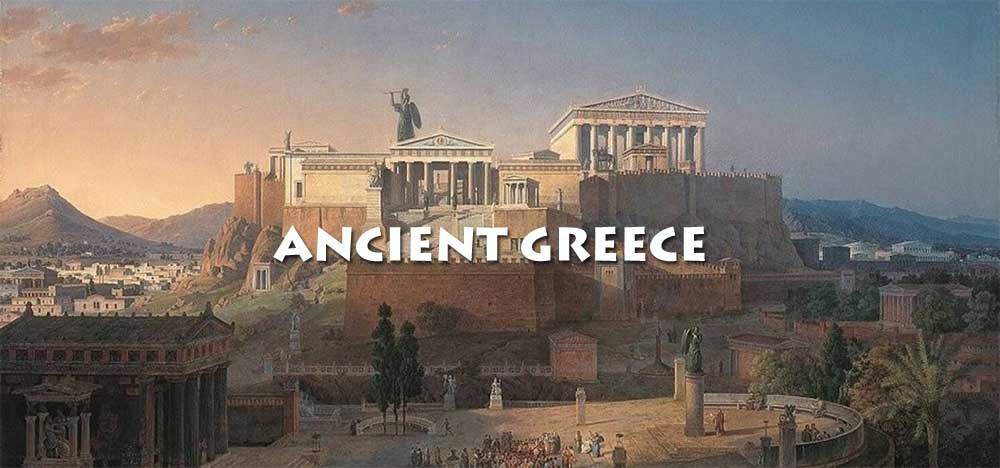The diverse forms of government in ancient Greece reflect the dynamic and innovative spirit of the Greek people in their pursuit of effective governance. These systems, with their respective strengths and weaknesses, contributed to a rich legacy of political thought, emphasizing the importance of civic participation, the rule of law, and the balance of power.
The experimentation with and reflection on different forms of government in ancient Greece have had a lasting impact, inspiring future generations to explore and refine the principles of governance. As such, ancient Greece serves as a testament to the enduring quest for political systems that promote justice, stability, and the common good.
Monarchies: The Rule of Kings
In the early stages of Greek civilization, monarchies were the prevalent form of government, especially in regions like Mycenae, Sparta, and Macedonia. Kings, often believed to be descendants of the gods, wielded significant power, supported by a council of nobles and a communal assembly of free male citizens. While the monarchic system gradually declined in most of Greece, Sparta maintained a unique diarchy, where two kings ruled simultaneously, representing both the military and religious facets of governance.
Oligarchies: The Governance by the Few
Oligarchy, meaning “the rule of the few,” was a common form of government in many Greek city-states. In oligarchies, political power was concentrated in the hands of a small elite, often based on wealth, birth, or military strength. These rulers were responsible for making major decisions regarding the state’s policies, military actions, and economic strategies. Notable examples of oligarchic systems include Corinth and Thebes. Oligarchies often faced criticism for prioritizing the interests of the wealthy at the expense of the common people.
Tyrannies: The Rise of Singular Authority
In response to social inequalities and the concentration of power within oligarchies, many city-states experienced periods of tyranny. Tyrants, though modern connotations are negative, were initially leaders who seized power without legal right but often implemented reforms beneficial to the lower classes. Famous tyrants like Pisistratus in Athens and Polycrates in Samos used their authority to promote agricultural, economic, and cultural advancements. The era of tyrannies highlighted the complexities of governance and the potential for individual leadership to both challenge and consolidate power.
Democracies: The People’s Rule
The most revolutionary and enduring contribution of ancient Greece to political thought is democracy, especially as developed in Athens. Athenian democracy was a direct form of government where male citizens had the right to participate in decision-making processes through the Assembly and the Council of 500. This system allowed for an unprecedented level of public involvement in governance, including the election of officials, enactment of laws, and judicial decisions. While not without its flaws, such as the exclusion of women, slaves, and foreigners, Athenian democracy laid the groundwork for later democratic systems worldwide.
